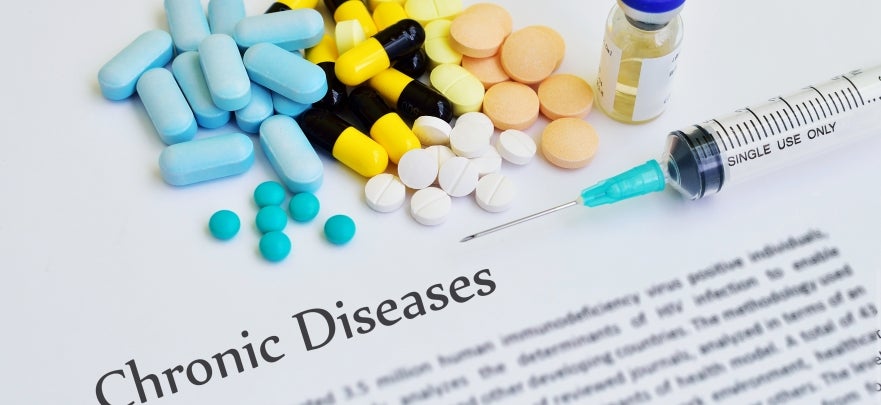What Is the Link Between Diabetes, Heart Disease, and Stroke?
Over time, high blood glucose, or high blood sugar, from diabetes can cause severe damage to your blood vessels and the nerves that control your heart and blood vessels. The more time living with uncontrolled diabetes, the higher the chances you WILL develop heart disease.
Developing heart disease is more prevalent in younger people with diabetes than those without diabetes. For adults with diabetes, heart disease and stroke are the most common causes of death. Adults with diabetes are nearly twice as likely to die from heart disease or stroke as people without diabetes.
There is a silver lining around this dark cloud: The steps you take to manage your diabetes will also help to lower your chances of having heart disease or stroke.
Following are some other factors that increase your chances of heart disease or stroke if you have diabetes.
Smoking
Smoking raises your risk of developing heart disease. It is important to stop smoking because both smoking and diabetes narrow blood vessels, causing high blood pressure. Just like diabetes, smoking damages the blood vessels in your legs, increasing the risk of lower leg infections, ulcers, and amputation.
High blood pressure
High blood pressure causes your heart to work harder to pump blood. High blood pressure can strain your heart, damage blood vessels, and increase your risk of heart attack, stroke, eye problems, and kidney problems.
Abnormal cholesterol levels
Cholesterol is a type of fat produced by your liver and found in your blood. You have two kinds of cholesterol in your blood: LDL and HDL. LDL, also known as “bad” cholesterol, can build up and clog your blood vessels. High levels of LDL cholesterol raise your risk of developing heart disease.
Obesity and belly fat
Being overweight or obese can affect your ability to manage your diabetes and increases your risk for many health problems, including heart disease and high blood pressure. Obesity can also cause diabetes. Excessive belly fat can also increase your risk for heart disease.
Family history of heart disease
A family history of heart disease may also add to your chances of developing heart disease. If one or more of your family members had a heart attack before age 50, you may have an even higher chance of developing heart disease.
Managing your diabetes is important to help take care of your heart. You can lower your chances of having a heart attack or stroke by taking the following steps.
Know your diabetes ABCs:
A is for the A1C test. The A1C test shows your average blood glucose level over the past three months. This is different from the blood glucose checks that you do every day. The higher your A1C number, the higher your blood glucose levels have been during the past three months.
B is for blood pressure. Blood pressure is the force of your blood against the wall of your blood vessels. If your blood pressure gets too high, it makes your heart work too hard.
C is for cholesterol. You have two kinds of cholesterol in your blood: LDL and HDL. LDL or “bad” cholesterol can build up and clog your blood vessels. Too much bad cholesterol can cause a heart attack or stroke. HDL or “good” cholesterol helps remove the “bad” cholesterol from your blood vessels. Always check with your doctor to find out what levels are best for you and how to best maintain to those levels.
S is for stop smoking. Not smoking is especially important for people with diabetes because both smoking and diabetes narrow blood vessels, so your heart has to work harder.
If you quit smoking you will lower your risk for heart attack, stroke, nerve disease, kidney disease, eye disease, and amputation from diabetes.
If you smoke or use other tobacco products, stop. Ask for help so you don’t have to do it alone. You can start by calling the national quitline at 1-800-QUITNOW or 1-800-784-8669. For tips on quitting, go to Smokefree.gov .
Ask your health care team about your goals for A1C, blood pressure, and cholesterol, and what you can do to reach these goals.
Developing and maintaining a healthy lifestyle with consistent habits can help you manage your diabetes and other associate or potential health risks.
- Healthy eating habits
- Physical activity must be part of your daily routine.
- Achieve and maintain a healthy weight
- Make sure to get enough sleep






